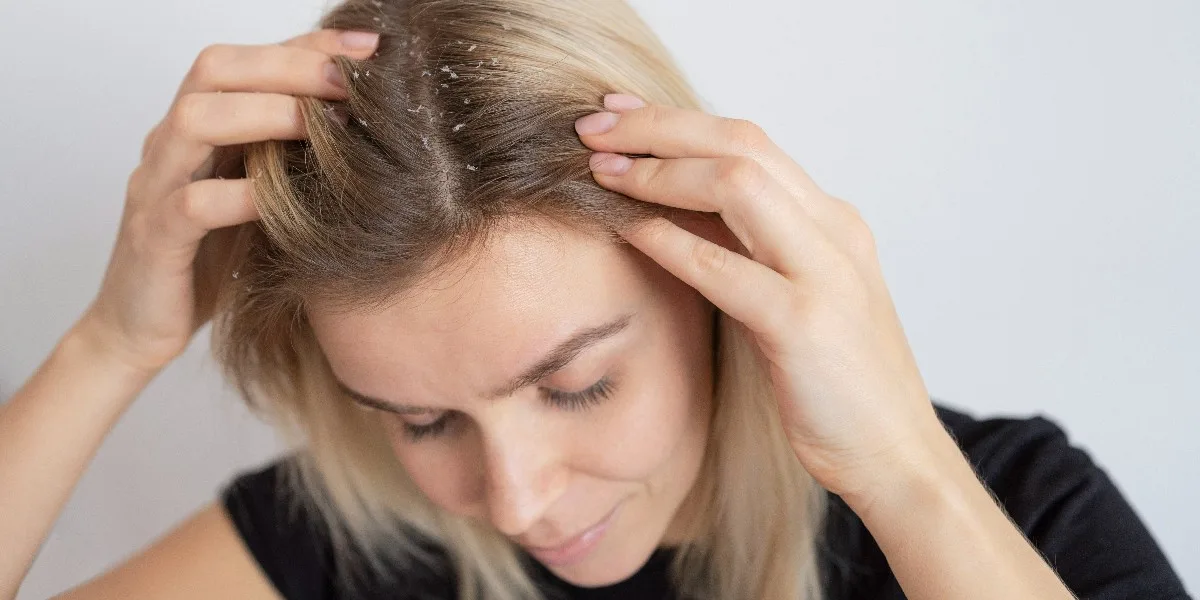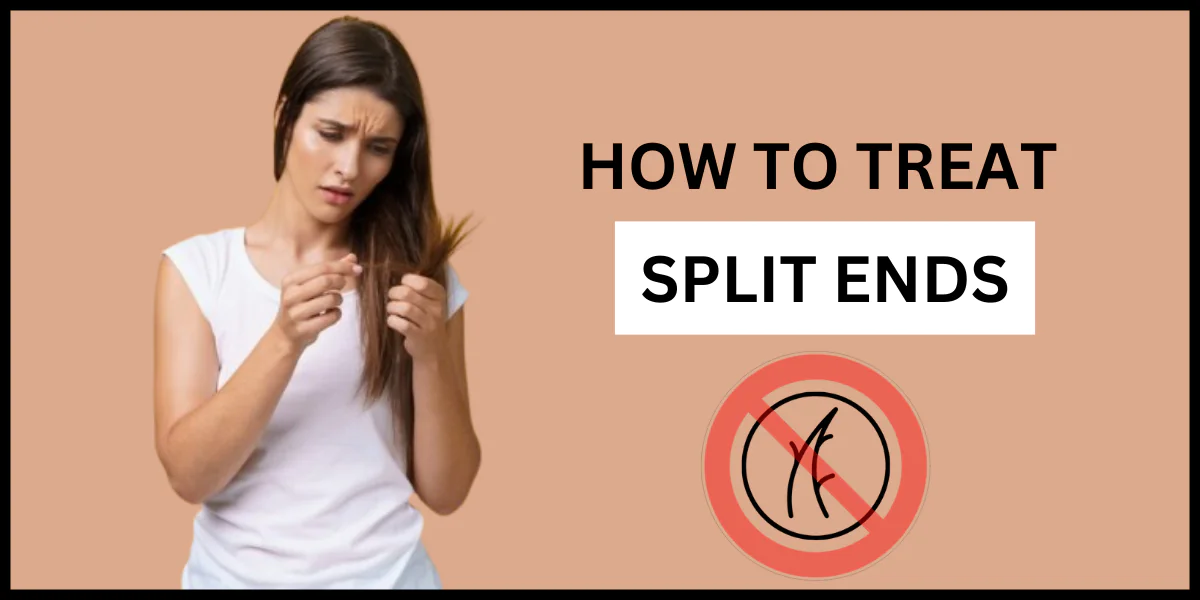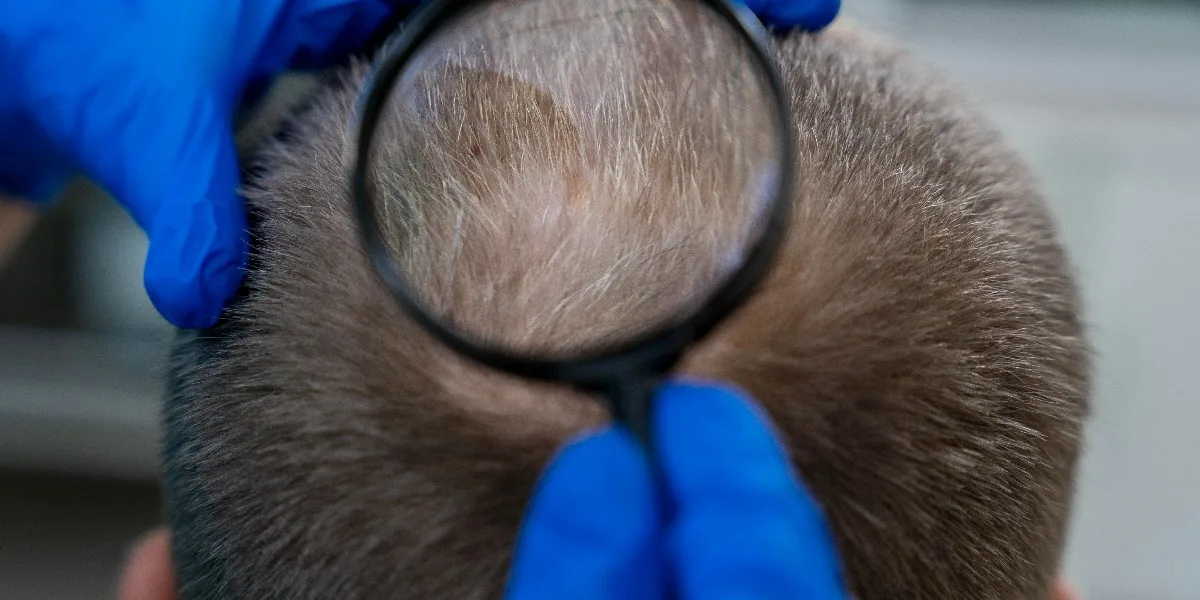Dandruff, a common scalp condition, affects a significant portion of the population worldwide. Characterized by the shedding of dead skin cells from the scalp, dandruff can range from a mild, occasional flaking to a chronic condition accompanied by irritation and redness. This introduction will explore the basics of dandruff, including its various forms and manifestations.
While dandruff is primarily seen as a cosmetic concern, its impact extends beyond just the appearance of white flakes in the hair. The health of the scalp plays a crucial role in the overall health and growth of hair. A healthy scalp provides the ideal environment for hair follicles, promoting strong and healthy hair growth. If dandruff affects your scalp, it can become inflamed and irritated, disrupting your hair’s natural growth cycle and possibly causing your hair to thin or fall out.
The link between dandruff and hair loss is not direct but rather an indirect consequence of the health of the scalp. When dandruff escalates to a more severe form, such as in seborrheic dermatitis, the resulting inflammation can weaken hair follicles and increase hair shedding.
Understanding Dandruff and Seborrheic Dermatitis
Dandruff and seborrheic dermatitis are two related but distinct scalp conditions that can impact hair health. Understanding these conditions is crucial for effective prevention and treatment strategies.
Defining Dandruff and Seborrheic Dermatitis
Characteristics and Symptoms of Dandruff
Dandruff is a common scalp condition characterized by the shedding of excess skin cells. These skin cells manifest as white or grey flakes in the hair and on clothing. Although it is a benign condition, dandruff can be a source of embarrassment and discomfort for many. The primary symptoms include flakiness, scalp itchiness, and sometimes a sensation of tightness on the scalp. While dandruff can be persistent, it typically does not lead to more severe scalp issues or hair loss.
Description of Seborrheic Dermatitis and Its Symptoms
Seborrheic dermatitis, on the other hand, is a more severe form of dandruff. It involves an inflammatory response that can cause red, scaly patches on the scalp, and these patches can be itchy and painful. Unlike regular dandruff, seborrheic dermatitis can also affect other oil-rich areas of the body, such as the face, chest, and back. The condition can vary in severity, with symptoms ranging from mild dandruff-like flaking to widespread patches of thick, crusted scales. Seborrheic dermatitis is a chronic condition, often experiencing periods of flare-ups and remissions.
Causes and Risk Factors
Role of Malassezia Yeast in Dandruff and Seborrheic Dermatitis
A key factor in the development of both dandruff and seborrheic dermatitis is the Malassezia yeast. This yeast is a normal part of the skin’s flora, but in some individuals, it can trigger an inflammatory response leading to dandruff or seborrheic dermatitis. The exact mechanism is not fully understood, but it is believed that Malassezia metabolizes the sebum (oil) on the scalp, leading to the production of irritating by-products that cause skin cells to peel away faster than usual.
Factors Contributing to These Scalp Conditions
Several factors contribute to the development of dandruff and seborrheic dermatitis. These include genetic predisposition, hormonal changes, stress, weather changes (especially cold, dry weather), medical conditions such as Parkinson’s disease and HIV, and the use of certain hair care products that may irritate the scalp. Understanding these factors can help in both prevention and treatment of these conditions.
The Indirect Relationship Between Dandruff and Hair Loss
The relationship between dandruff and hair loss is complex and often misunderstood. While dandruff itself does not directly cause hair loss, the underlying factors and conditions associated with severe dandruff, such as seborrheic dermatitis, can have an indirect effect on hair health and growth.
Impact of Seborrheic Dermatitis on Hair Health
How Seborrheic Dermatitis Contributes to Hair Thinning and Loss
Seborrheic dermatitis, a more intense form of dandruff, can significantly affect the scalp’s health, potentially leading to hair thinning and loss. The inflammation associated with this condition can disrupt the natural growth cycle of hair follicles. In severe cases, the inflammation can weaken the hair follicles, leading to hair thinning and an increase in hair shedding. Additionally, the constant itching and scratching due to seborrheic dermatitis can cause physical damage to the hair shafts and follicles, exacerbating hair loss. It’s important to note, however, that this hair loss is often temporary, and managing the underlying scalp condition can lead to the restoration of normal hair growth.
Studies and Research Findings
Overview of Research on Malassezia, Oxidative Stress, and Hair Loss
Recent studies and research have shed light on the role of Malassezia yeast, commonly associated with dandruff and seborrheic dermatitis, in hair loss. Research indicates that the by-products produced by Malassezia can lead to oxidative stress on the scalp. This oxidative stress can damage hair follicles, disrupting the normal hair growth cycle and leading to hair thinning and loss.
Furthermore, the inflammatory response triggered by Malassezia can exacerbate scalp conditions, leading to a further decline in hair health. Studies also suggest that individuals with a certain genetic predisposition may be more susceptible to these effects, highlighting the importance of personalized approaches in treating scalp conditions and preventing hair loss.
This research underscores the importance of maintaining scalp health as a preventive measure against hair loss. By addressing scalp conditions like dandruff and seborrheic dermatitis promptly and effectively, it is possible to mitigate their indirect impacts on hair health and reduce the risk of hair thinning and loss. The findings from these studies provide valuable insights into the complex relationship between scalp health and hair growth, emphasizing the need for a holistic approach to hair care that includes managing the health of the scalp.
Prevention and Treatment of Dandruff-Related Hair Loss
Addressing dandruff-related hair loss involves a two-pronged approach: treating the underlying scalp condition and understanding the effects of various hair medications on both dandruff and hair health.
Treating the Underlying Scalp Condition
Effective Methods and Products for Managing Dandruff and Seborrheic Dermatitis
The first step in treating dandruff-related hair loss is to effectively manage the dandruff or seborrheic dermatitis itself. Various over-the-counter (OTC) and prescription treatments can help control these conditions:
Medicated Shampoos: Shampoos containing active ingredients like ketoconazole, selenium sulfide, zinc pyrithione, and coal tar are effective against dandruff and seborrheic dermatitis. These ingredients reduce fungal growth and soothe inflammation, helping to control flaking and itching.
Topical Steroids: For more severe cases of seborrheic dermatitis, topical steroids can reduce inflammation and alleviate symptoms. However, they should be used judiciously under medical guidance to avoid potential side effects.
Scalp Treatments: Scalp treatments containing salicylic acid can help remove excess scales and soothe the scalp. Natural remedies, such as tea tree oil and aloe vera, are also popular for their soothing and anti-inflammatory properties.
Lifestyle Modifications: Reducing stress, maintaining a healthy diet, and using gentle hair care products can also help manage dandruff and improve scalp health.
Regular and consistent treatment is key to managing these scalp conditions effectively, which, in turn, can help prevent hair loss associated with them.
Medications and Their Effects on Hair Health
Discussion on How Certain Hair Medications Might Influence Dandruff and Hair Loss
Some medications used for hair growth or other hair-related conditions can interact with dandruff and its treatments.
Understanding these interactions is crucial for effective Dandruff control:
Minoxidil: Widely used for hair growth, minoxidil can sometimes cause scalp dryness and irritation, potentially exacerbating dandruff. Users should monitor their scalp condition and seek alternatives if dandruff worsens.
Anti-Dandruff Ingredients: While effective against dandruff, ingredients like ketoconazole can sometimes have a drying effect on the hair. It’s important to balance anti-dandruff treatments with moisturizing hair care routines.
Oral Medications: Certain oral medications for hair loss, such as finasteride, do not directly impact dandruff but can be part of a comprehensive hair care regimen. Always consult with a healthcare provider when combining treatments.
Natural Supplements: Supplements like biotin, omega-3 fatty acids, and vitamins A and E can support hair health. While they do not directly treat dandruff, they can complement other treatments by enhancing overall hair health.
It’s essential to understand that the interaction between hair medications and dandruff treatments is complex. A tailored approach, ideally guided by a dermatologist or trichologist, can ensure that both dandruff and hair health are effectively managed without compromising one for the other. This comprehensive strategy is crucial for preventing and treating dandruff-related hair loss.
Strategies for Hair Regrowth Post-Dandruff Treatment
Successfully treating dandruff or seborrheic dermatitis is only part of the journey towards optimal scalp and hair health. The next crucial phase involves fostering an environment conducive to natural hair regrowth and knowing when to seek further medical advice for persistent symptoms.
Natural Hair Regrowth Post-Treatment
Process of Hair Regrowth After Successful Treatment of Dandruff
After successfully addressing the underlying scalp conditions, the focus shifts to supporting and enhancing the natural hair regrowth process:
Nourishing the Scalp: A healthy scalp is foundational for hair regrowth. Utilizing gentle, nourishing shampoos and conditioners, and scalp treatments enriched with vitamins and minerals can create a healthy environment for hair to grow.
Stimulating Hair Follicles: Techniques such as scalp massages can stimulate blood flow to the hair follicles, potentially accelerating hair regrowth. Additionally, products containing ingredients like minoxidil or natural extracts known for their hair growth properties can be beneficial.
Balanced Diet: A diet rich in proteins, vitamins, and minerals, particularly those known to support hair health (such as biotin, iron, and omega-3 fatty acids), can promote hair growth from within.
Reducing Stress: Stress can negatively impact hair growth. Incorporating stress-reduction techniques such as exercise, meditation, or yoga can be beneficial for overall hair health.
Patience and Consistency: Hair regrowth is a gradual process, and it’s important to be patient and consistent with the hair care regimen. Changes are typically noticeable over several months.
When to Seek Medical Advice
Indicators for Consulting a Healthcare Provider for Persistent Symptoms
While many cases of dandruff-related hair loss can be managed with over-the-counter treatments and lifestyle changes, there are instances where seeking medical advice is crucial:
Persistent or Worsening Symptoms: If symptoms of dandruff or hair loss persist despite regular treatment, it’s advisable to consult a healthcare provider.
Severe Scalp Conditions: Signs of severe scalp conditions such as intense itching, pain, redness, or bleeding warrant immediate medical attention.
Unusual Hair Loss Patterns: If hair loss occurs in patches, or if there’s sudden, significant hair loss, a healthcare provider should be consulted to rule out other underlying conditions.
Concerns About Treatment Interactions: For individuals using other medications or treatments for hair loss, consulting a healthcare provider can ensure that there are no adverse interactions.
Guidance on Advanced Treatments: In some cases, more advanced treatments like prescription medications, laser therapy, or even hair transplant surgery might be recommended. A healthcare provider can provide guidance on these options.
Conclusion
Preventing dandruff-related hair loss starts with understanding dandruff and seborrheic dermatitis, both of which can indirectly affect hair health by disrupting the hair growth cycle. Effectively managing these conditions with medicated shampoos and treatments is crucial, as is maintaining a balanced hair care routine. Considering the interactions between hair growth products and dandruff treatments is also important. After treatment, promoting hair regrowth requires a nourishing scalp environment, a nutrient-rich diet, and methods to stimulate hair follicles, along with stress management and patience. If symptoms continue or unusual hair loss occurs, consulting a healthcare professional for specialized advice and treatment is essential.
Read more:Cystic Acne: A Complete Guide
Disclaimer : The information provided on myhealthpage.in is not a substitute for professional medical advice, diagnosis, or treatment. If you have any questions or concerns about your health, please consult with a licensed physician or other qualified healthcare provider.
Image by Freepik







